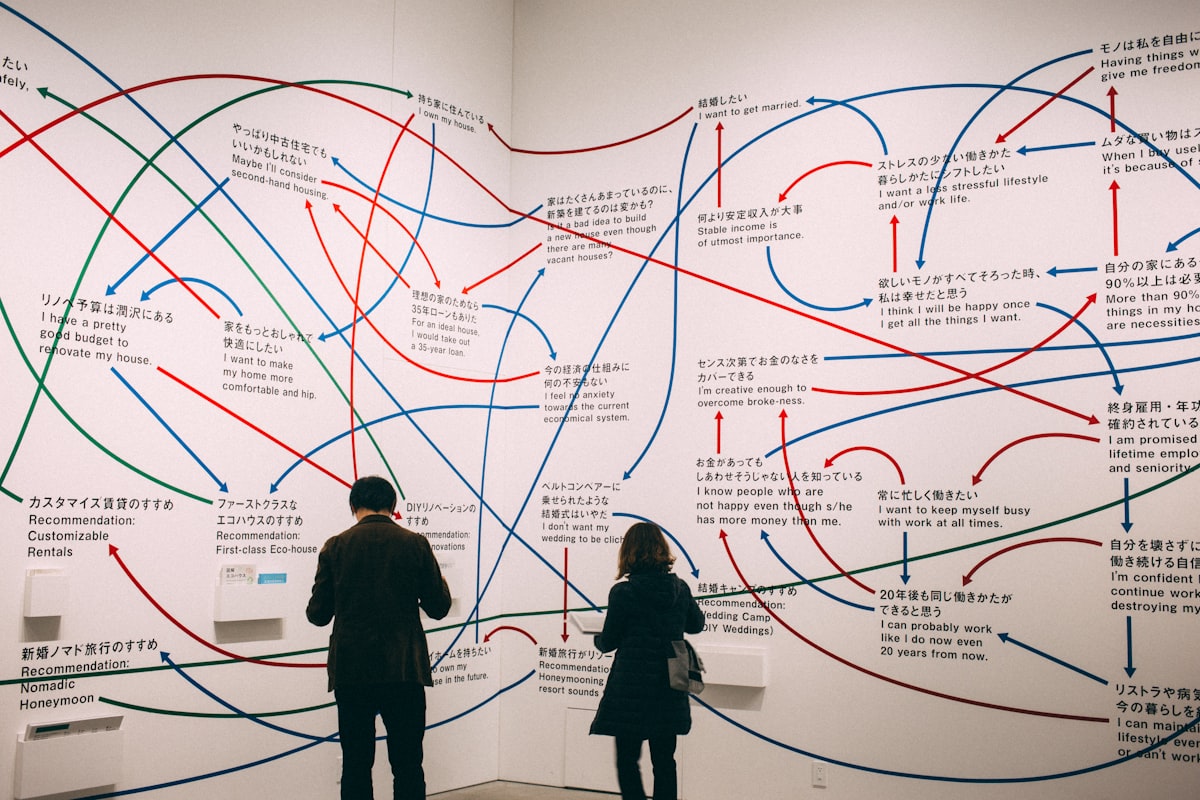🟢 Nine key concepts to make sense of technology

An interesting exercise I'm currently going through is preparing a new class for an MBA program in Paris. The class is about 'Technology Trends.' To which I was about to add "whatever that means," but it's too dismissive.

Part of the idea of technology complying with a trending behavior is magical thinking. We want to believe that one of the most obvious disruption forces in the history of humanity makes some sense and obeys some sort of thermodynamics law. And it's not completely untrue, of course, but discerning how much technology behavior, from invention to market and social adoption, is rational is a very open-ended question.
But here's the challenge I'm facing: having to explain 'technology' to a group of executives from different horizons; where do I start? How do I delimit what can be plotted on a graph ahead of time, and what is pure randomness? Most importantly, if I have to boil down the main forces in play, how would I do it?
I've done this exercise a few years ago purely on digital technology, which is a very specific world. But now, going more broadly on 'tech' is a whole new ball game.

Making sense of all the buzzwords in digital and organizing a relatively simple logic around six key "levels" of digitization was quite complex and, in the end... quite effective.
So let me share where I'm currently at in modeling all this...




